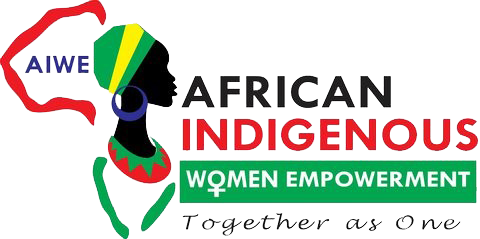Impact and Outcomes
The measurable outcomes for AIWE encompass a comprehensive set of indicators that reflect the tangible and positive changes experienced by the communities we serve. These outcomes are systematically assessed to gauge the impact of AIWE’s initiatives over the last 6 years, ensuring a robust evaluation of the organization’s effectiveness.
The key measurable outcomes include:
AIWE had contributed to enhance educational opportunities for vulnerable populations, particularly focusing on girls and young women. Measurable outcomes in this domain involve increased enrollment rates, reduced dropout rates, and enhanced learning outcomes. Tracking improvements in literacy, numeracy, and overall educational attainment provides concrete evidence of the positive impact on beneficiaries.
Measurable outcomes in healthcare involve improvements in access to quality health services, reductions in prevalent diseases, and increased awareness of health practices within communities we serve. AIWE track metrics such as immunization rates, maternal and child health indicators, and the prevalence of preventable diseases to quantify the positive changes in healthcare.
AIWE is committed to addressing water-related challenges in the communities it serves. Measurable outcomes include increased access to clean water sources, improved sanitation practices, and a decrease in waterborne diseases. These outcomes are crucial for promoting better health and hygiene among beneficiaries.
AIWE’s programs focus on creating sustainable economic opportunities, particularly for women and youth. Measurable outcomes involve increased income levels, successful establishment of income-generating activities, and enhanced livelihoods. Increase in entrepreneurship development, job creation, and economic empowerment indicators to assess the impact on beneficiaries’ economic well-being.
